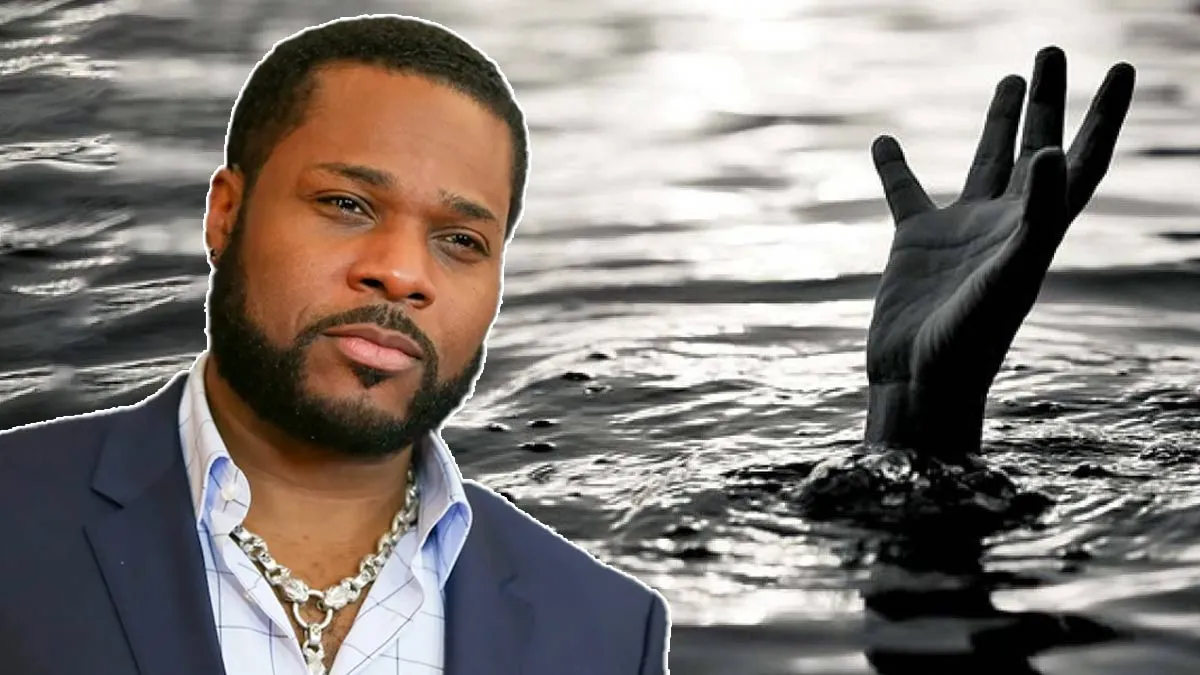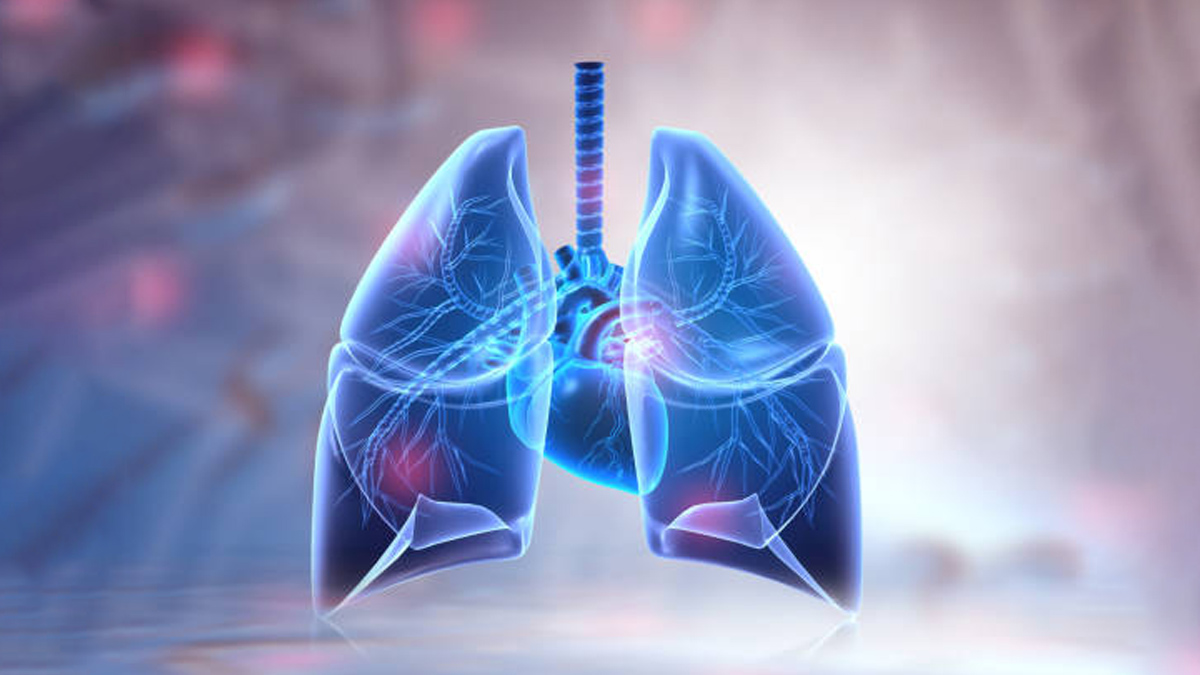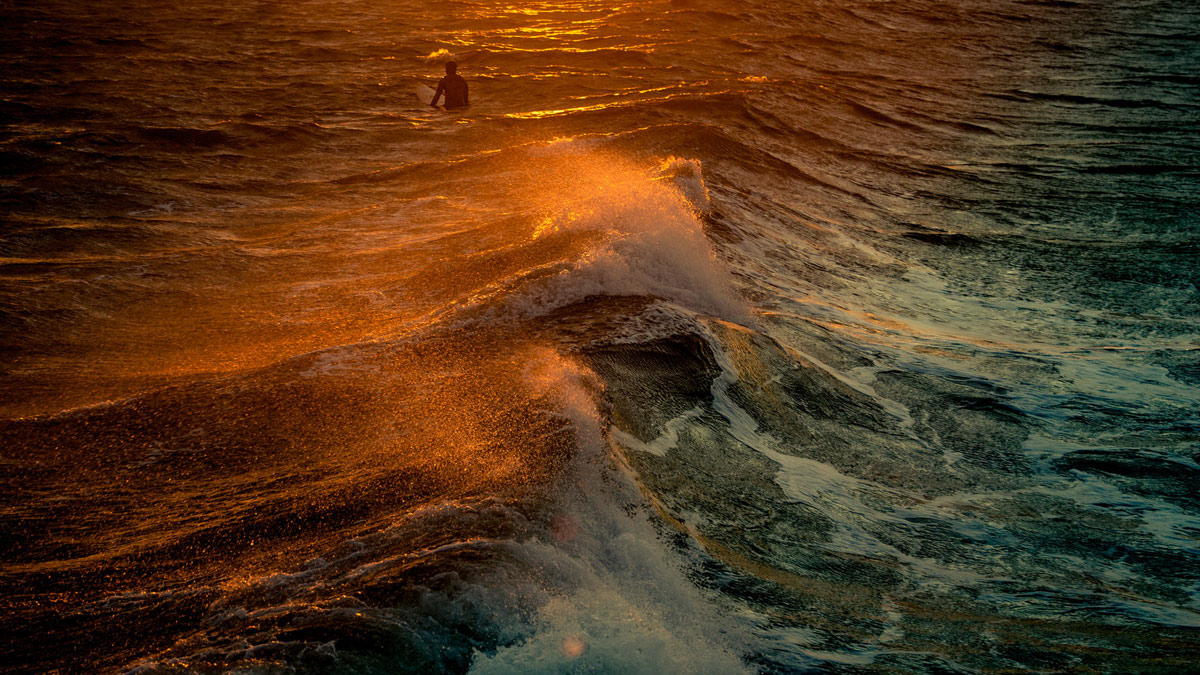
Actor Malcolm-Jamal Warner, who most famously portrayed Theo Huxtable on The Cosby Show, has passed away at 54. Fans and fellow cast members are left grief-stricken over the untimely news. Warner was a household name in American television, renowned for his talent, his warmth, and his enduring presence in the entertainment industry. His death due to a drowning accident also triggered discussions regarding water safety and what precisely occurs within the body when a person breathes in water.
Table of Content:-
What Caused Malcolm-Jamal Warner's Death?![Malcolm-Jamal Warner death cause 2 - 2025-07-22T111737.875]()
Warner was swimming off the beach of Playa Cocles, Costa Rica, when he was swept by a strong rip current, according to reports. Around 10:45 AM local time, beach patrons saw him struggling in the water, according to the Judicial Investigation Department of the country. Lifeguards and emergency responders hurried to the scene, and attempts were made to revive him at the scene. Unfortunately, he was pronounced dead where he lay. The official ruling was accidental drowning. Warner had been on a brief holiday in Costa Rica. As reported by local media, weather conditions had rendered the sea particularly treacherous that morning.
What Happens When Water Gets Into Your Lungs?![water in lungs 3 - 2025-07-22T111741.387]()
According to Dr Dawar Masud Rizavi, Associate Director, Pulmonology & Sleep Medicine, Apollo Hospitals, Lucknow,drowning is not always noisy or spectacular. It can also occur quietly and rapidly. When the body breathes in water, usually if the nose and mouth are submerged, it interferes with the natural process of respiration. The lungs are meant to fill with air, not liquid, and even a little water will cause trouble.
Here's what usually occurs when water gets into the lungs:
- Water activates a reflex: The vocal cords can spasm and shut the airway
- Fluid accumulation (pulmonary oedema): Fluid in the lungs can cause swelling within the lung, and make it difficult to breathe even if the individual appears fine initially.
- Not enough oxygen (hypoxia): As a result of above, oxygen fails to reach the brain and organs in time, resulting in loss of consciousness within minutes.
- Cardiac arrest or brain damage: When the brain is deprived of oxygen for an extended period, the heart can stop, and damage will be permanent.
Secondary drowning also affects some individuals, and the symptoms occur hours later after the accident. Some of these include:
- Recurring coughing
- Difficulty breathing
- Chest discomfort
- Confusion or tiredness
That's why one must get medical attention immediately even when they have experienced a near-drowning episode, especially if water has been inhaled.
How Dangerous Are Rip Currents?![rip currents 1 - 2025-07-22T111743.300]()
Rip currents are one of the largest hazards on ocean beaches. They're strong channels of water that move quickly from the beach out to sea. Strong swimmers can be swept out in a snap.
Important facts about rip currents:
- They move up to 8 feet per second
- They don't sweep swimmers underwater—they take them away from the shore
- Most people drown from exhaustion while attempting to swim against them
Safety professionals suggest:
- Swim close to lifeguards
- Never swim alone
- If swept in a rip current, don't struggle with it and swim sideways along the shore
A study published in The American Journal of Forensic Medicine and Pathology revealed that drowning ranked among the top drowning-related accidents during travel, particularly in the tropics. The study emphasised the speed at which beach conditions can shift and emphasised awareness and readiness to rescue.
Conclusion
The senseless drowning death of Malcolm-Jamal Warner is a tragic reminder of the strength and unpredictability of water. Whether you're on vacation or just out for a swim, it is crucial to be aware of the ocean and the dangers involved. Drowning occurs quickly and without warning. If you happen to be around water, remain vigilant and if someone swallows water, call for help immediately. Prompt action can really save lives.
Also watch this video
How we keep this article up to date:
We work with experts and keep a close eye on the latest in health and wellness. Whenever there is a new research or helpful information, we update our articles with accurate and useful advice.
Current Version


